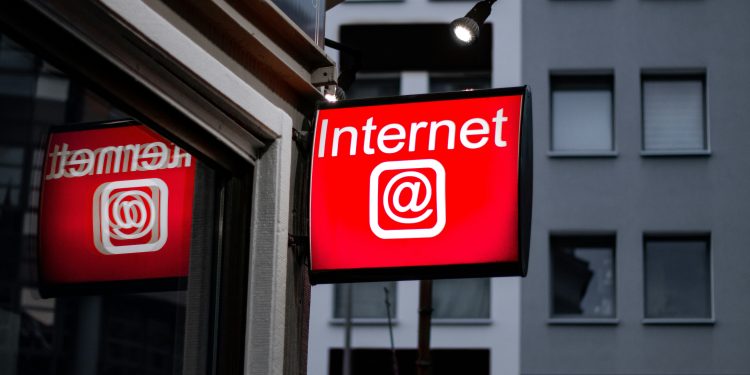North Korea experienced a complete internet collapse on Saturday, with all government websites and official news services going offline for several hours.
The unprecedented outage severed the reclusive nation’s limited connections to the global internet, affecting even elite users who normally maintain access through Chinese and Russian networks.
Monitoring firms reported the blackout impacted critical services including the Foreign Ministry’s digital presence and Air Koryo’s booking systems before gradual restoration began midday.
Junade Ali, a UK-based researcher tracking North Korea’s internet activity, confirmed the country’s entire digital infrastructure disappeared from global monitoring systems during the outage.
“This appears to be an internal systems failure rather than a cyberattack,” Ali told Reuters, noting the simultaneous failure of both Chinese and Russian connection routes.
Washington-based North Korea technology expert Martyn Williams of the Stimson Center concurred with the assessment, highlighting how the pattern differed from previous external hacking incidents.

North Korea’s Fragile Digital Ecosystem
The isolated regime maintains one of the world’s most restrictive internet policies, where ordinary citizens only access the state-controlled Kwangmyong intranet. Government elites and military officials comprise the tiny fraction of the population permitted unfiltered internet access through the country’s sole fiber-optic link to China. Saturday’s disruption marked one of the most severe outages since 2020, when suspected infrastructure failures caused a 48-hour blackout affecting similar high-profile targets.
Despite operating sophisticated hacking units like the Lazarus Group – accused of cryptocurrency theft and global cyberattacks – North Korea’s internal networks remain vulnerable to technical failures. The country has previously blamed outages on American cyber aggression, though researchers found no evidence of foreign interference in this incident. The timing raised questions as it occurred during heightened tensions over the regime’s nuclear program and missile tests.
Why It Matters
As connectivity slowly restored, cybersecurity firms including SentinelOne and Recorded Future began analyzing network patterns to determine the root cause. Initial data suggested either a catastrophic systems failure at the Korea Computer Center – Pyongyang’s main internet hub – or a botched attempt to upgrade the country’s aging digital infrastructure. South Korea’s National Intelligence Service declined to comment, though sources indicated they were closely tracking the situation given North Korea’s history of blaming technical problems on foreign sabotage.

















